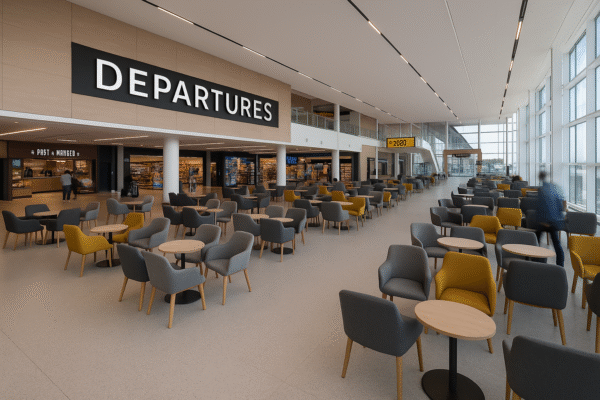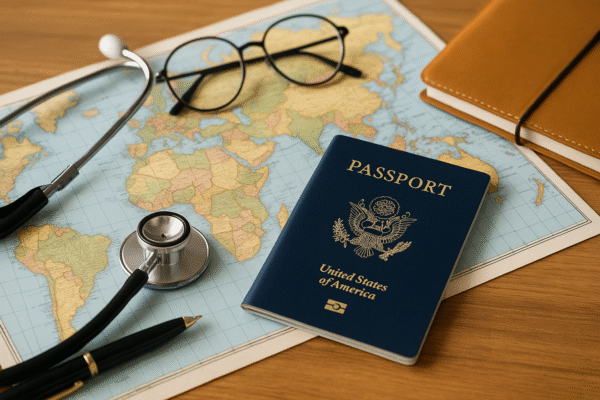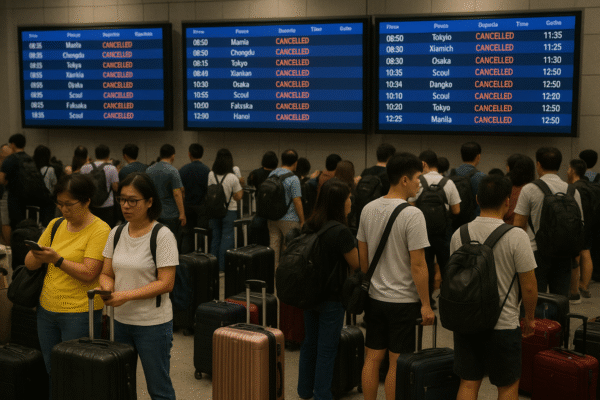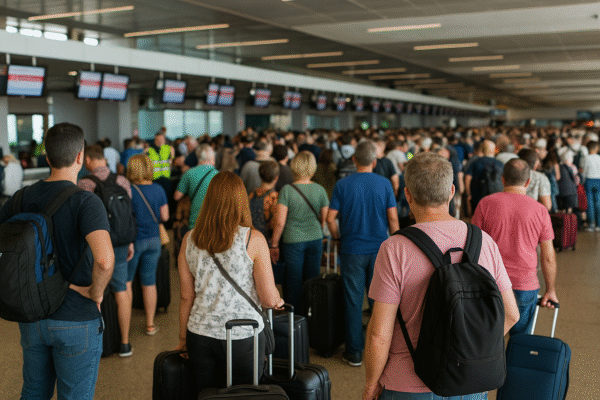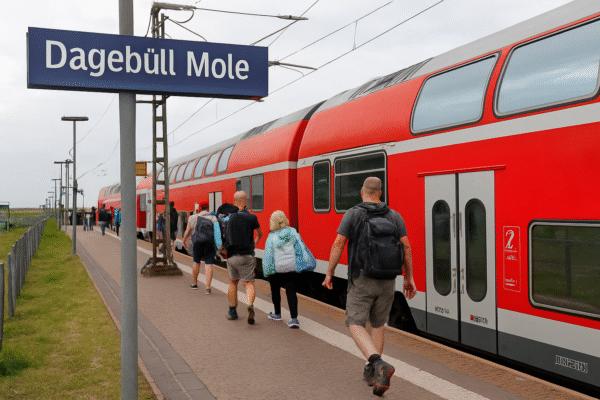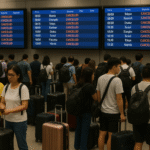As travelers gear up for idyllic beach vacations on Föhr, one of Germany’s most cherished North Sea islands, mounting train delays and cancellations across the Deutsche Bahn (DB) network are turning what should be a breezy getaway into a logistical headache. For many tourists, the train-ferry combo from Berlin to Dagebüll, then onto Föhr, is part of the charm. But this summer, chaos on the rails is undermining the journey—and Germany’s tourism and sustainability goals.
Summer Travel Disrupted by Failing Rail Infrastructure
What began as an eco-conscious holiday plan turned into a travel saga for many passengers. One traveler from Berlin, Jens Thurau, encountered unscheduled changes and overcrowded carriages after being rerouted from the Intercity Express to Niebüll’s regional train. “The comfort and reliability we expected just didn’t exist,” he said. Similar accounts are echoing across social media and traveler forums.
The issue is emblematic of deeper problems. According to the Federal Statistical Office (Statistisches Bundesamt), DB’s long-distance train punctuality dropped to just 62% in 2024—far below Swiss Federal Railways’ consistent 95%. Delays, last-minute reroutes, and even unexpected encounters like livestock collisions are increasingly common. In one case, a train bound for Berlin struck a flock of sheep, prompting delays with minimal passenger updates.
Despite Germany’s reputation for engineering efficiency, tourists are learning that DB’s vast 33,500-kilometer rail system is riddled with outdated bridges, worn-down signals, and failing switches—problems that the Federal Ministry for Digital and Transport says stem from years of chronic underinvestment.
Labor Shortages Compound the Crisis
Germany’s rail industry isn’t just battling broken infrastructure—it’s also short on people. According to a 2025 report by the Federal Employment Agency (Bundesagentur für Arbeit), railway staff resignations have surged 30% due to burnout, low wages, and increasing hostility from passengers frustrated by constant delays.
Frontline rail workers frequently report going into overtime with no backup crew, leaving trains stranded. In Hamburg, a crucial connection point for Föhr-bound travelers, one train terminated unexpectedly, forcing dozens to scramble for alternatives without any on-ground guidance.
The Domino Effect on Tourism
The effects are rippling across Germany’s tourism hotspots. Föhr, Sylt, and the broader Schleswig-Holstein coastal region depend heavily on smooth summer travel for economic stability. But with trains faltering, more tourists are shifting to private cars—undermining Germany’s national goal to reduce transport emissions.
Germany’s Climate Action Programme 2030 explicitly encourages rail as a sustainable alternative to driving and flying. But as families increasingly choose cars over trains due to reliability concerns, those efforts face a major setback.
Digital Deficiencies Add to the Frustration
Adding insult to injury, visitors to Föhr are also encountering Germany’s lingering resistance to digital payment systems. Many local restaurants and bars still operate on a cash-only basis—a cultural quirk that perplexes international tourists.
While the Federal Ministry for Economic Affairs and Climate Action has pledged to boost digital infrastructure in rural tourism areas, Föhr remains a digital holdout. For global travelers accustomed to tap-and-go convenience, the outdated systems further mar the vacation experience.
Major Disruption Looms: Hamburg–Berlin Line Closure
Germany’s railway troubles are poised to escalate further. Starting August 1, the key Hamburg–Berlin corridor—used by over 30,000 passengers daily—will shut down for nine months for essential upgrades. Rerouted trains will face detours of up to 100 kilometers, significantly lengthening journey times and amplifying the risk of cascading delays throughout the national network.
Although this closure aligns with Deutsche Bahn’s long-term 2030 Infrastructure Plan (Infrastrukturplan 2030), tourism stakeholders warn of short-term fallout. The German National Tourist Board (GNTB) has advised travelers to double-check schedules, allow for extended travel times, and consider alternative routes or transport modes.
Föhr Remains a Draw—But at a Cost
Despite the setbacks, Föhr continues to lure visitors with its serene beaches, traditional thatched cottages, and UNESCO-listed Wadden Sea surroundings. For those who reach the island, the reward is undeniable. But it’s hard to ignore the irony that such tranquility lies at the end of a turbulent, stress-laden journey.
To protect the island’s tourism appeal and Germany’s broader sustainability ambitions, restoring confidence in the national rail system is critical. While modernization projects are underway, they can’t come fast enough for many would-be visitors.
What’s Next for Travelers?
Tourists are increasingly building contingencies into their travel plans. Jens, the Berlin traveler, noted: “Next time, we might just take the car. It’s not green, but it’s predictable.” His sentiment reflects a growing disillusionment that could hurt Germany’s tourism competitiveness in a post-pandemic world where comfort and dependability are paramount.
For now, vacationers heading to the North Sea coast are advised to stay updated through DB Navigator, plan ample buffers into itineraries, and prepare for the unexpected.
As Föhr and other coastal gems brace for the remainder of the summer season, one thing is clear: Germany’s charm remains—but so do the challenges of getting there.
For more travel news like this, keep reading Global Travel Wire

